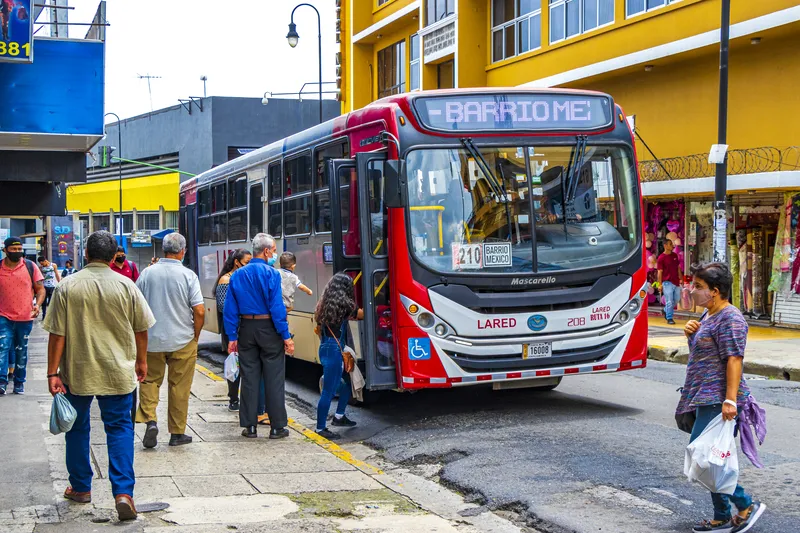Shropshire Council in England has installed 115 StradaPAL contactless parking terminals from Flowbird across 10 towns.
Councillor Steve Davenport, portfolio holder for highways and transport, says: “The new terminals enable the council to meet growing demand for the convenience of contactless payments for parking among its residents and visitors.”
The terminals offer contactless, Chip and PIN and coin payment options along with a capability to print vouchers for local promotions, replacing all coin-only machines coming to the end of their working lives.
Flowbird’s solar-powered systems have been installed in the towns of Shrewsbury, Ludlow, Oswestry, Bridgnorth, Whitchurch and Market Drayton. All systems are linked to Flowbird’s Smartfolio central management system, allowing the council to remotely monitor the terminals and access parking and payment transaction data.
“In addition, the enhanced back office system will support our parking data solutions for the Shropshire project which will harness our new wealth of parking digital data into new management systems, facilitating improved data availability and analysis, publication and transparency,” Davenport adds
UK council picks Flowbird contactless parking terminals
Shropshire Council in England has installed 115 StradaPAL contactless parking terminals from Flowbird across 10 towns.
Councillor Steve Davenport, portfolio holder for highways and transport, says: “The new terminals enable the council to meet growing demand for the convenience of contactless payments for parking among its residents and visitors.”
The terminals offer contactless, Chip and PIN and coin payment options along with a capability to print vouchers for local promotions, replacing all coin-only
May 2, 2019
Read time: 2 mins









